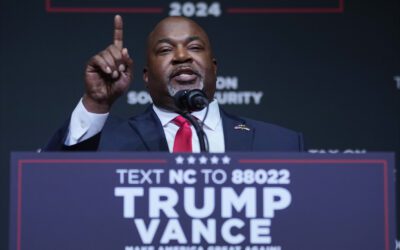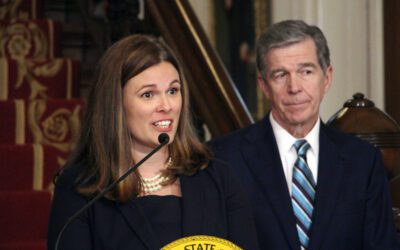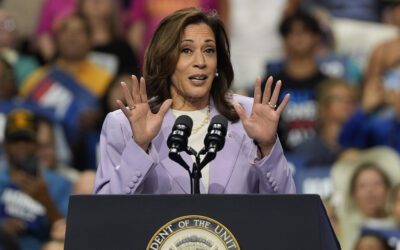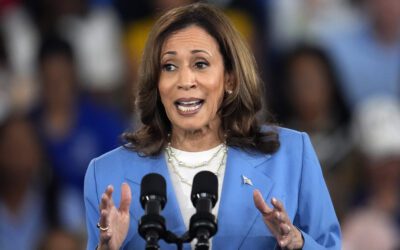
Republicans across the US have filed almost 400 bills seeking to limit voting rights since the 2020 election.
Gov. Roy Cooper joined 16 other Democratic governors Monday in urging Senate leadership to take “decisive action” protecting voting rights by the end of the year.
In a letter addressed to Senate Majority Leader Chuck Schumer, a New York Democrat, and Minority Leader Mitch McConnell, a Kentucky Republican, state leaders pushed for the Freedom to Vote Act and the John R. Lewis Voting Rights Advancement Act to be passed.
“Without decisive action by the federal government this year to protect voters’ access to the ballot and ensure the integrity and transparency of our elections, the voices of Americans across the country, especially Americans of color, will be suppressed,” the governors wrote.
We believe in facts first, North Carolina. Subscribe to the free Cardinal & Pine newsletter.

Since the 2020 election, Republican state legislators across the country have introduced nearly 400 bills to restrict Americans’ access to the ballot, according to the nonpartisan Brennan Center for Justice.
Democrats in North Carolina have been openly critical of the national GOP’s attempts to limit access to voting, many of which mirror similar curbs on voting passed by North Carolina Republicans in the last decade.
A recent decision by the North Carolina Supreme Court to delay the 2022 primary until May was made so two lawsuits challenging gerrymandered maps for Congress and the state’s legislature could be settled.
The letter from Democratic governors also spelled out what the two acts would mean for our democracy.
If passed, the Freedom to Vote Act would aim to: end gerrymandering, ensure election transparency, squash new voter suppression laws, ensure local election officials and poll workers are protected from partisan attacks and harassment, and enact a standardized system for post-election audits.
The John R. Lewis Voting Rights Advancement Act, named for the legendary civil rights leader, would: reinstate the protections of the Voting Rights Act of 1965, improve the government’s ability to respond to discrimination at the polls, assure last-minute voting changes don’t adversely affect voters, bolster the government’s ability to send federal observers to underserved jurisdictions to ensure fair treatment, and amend the law in the wake of the Shelby v. Holder Supreme Court decision.
That case allowed states like North Carolina with a history of voter suppression to pass major voting rights changes without clearance by the US Department of Justice.
Both bills need 60 votes to advance, however Senate Republicans have repeatedly blocked voting rights legislation from being discussed.

Op-Ed: Studying the Holocaust remains vital to ensuring it never happens again
International Holocaust Day will be observed on January 27, 2024. This day commemorates the liberation of the Auschwitz concentration camp by the...

VIDEO: How Rural Broadband Is Coming to This North Carolina County
More than 1.1 million North Carolinians lack access to high-speed internet, a necessity of the modern economy. In Warren County, help is on the way,...

VIDEO: Sampson County puts Biden’s promise to boost rural infrastructure to the test
Locals in this rural NC county say their water and air is polluted by a PFAS-contaminated landfill, massive hog and poultry farms, and industrial...
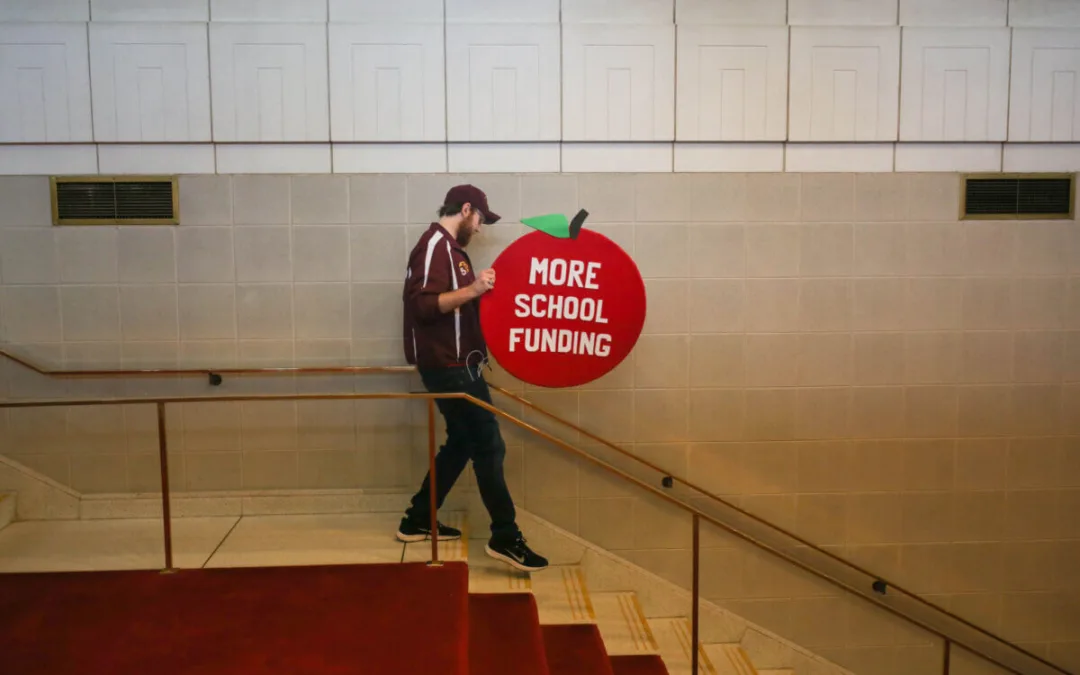
Mold and classes in trailers: Inadequate funding for schools is hurting NC communities
Schools across the state are dealing with dilapidated classrooms and buildings in need of significant repair or a total rebuild due to a lack of...


